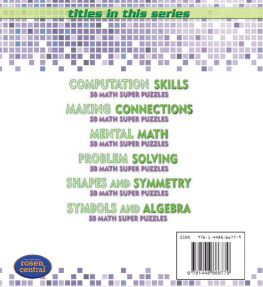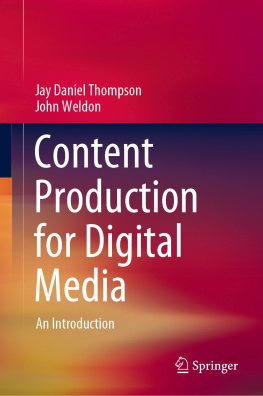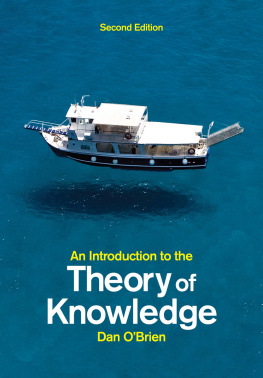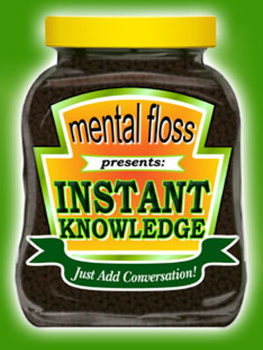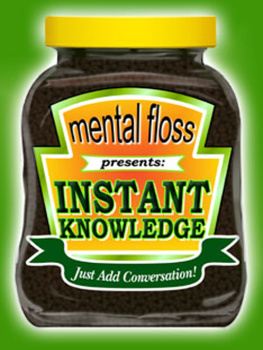Content and Justification
This page intentionally left blank
Content and Justification
Philosophical Papers
PAUL A. BOGHOSSIAN




For Tamsin
This page intentionally left blank
Contents
ix
xi
PART I. THE NATURE OF CONTENT
PART II. CONTENT AND SELF-KNOWLEDGE
PART III. CONTENT AND THE A PRIORI
PART IV. COLOR: CONCEPTS AND PROPERTIES
Preface
Over the past twenty years or so, my research interests have focused mainly on a cluster of inter-related questions concerning the notion of mental content. (1) What is mental content and can it be understood in wholly naturalistic terms? (2) How, if at all, can we know the contents of our thoughts, especially if those contents are individuated externalistically? (3) What, if anything, can we know on the basis of our knowledge of content alone?
This volume collects together some of the principal papers I have written on these questions. Among the central claims that are argued for are the following. (A) That we cannot make sense of irrealist conceptions of mental content. (B) That mental content cannot be understood in wholly naturalistic terms. (C) That there really is a problem accounting for our privileged knowledge of our own mental contents, especially if those contents are individuated externalistically. (D) That our only hope for explaining the possibility of a priori justified beliefs is through deployment of the notion of a proposition that is justifiably accepted just by virtue of being understood; but that this style of explanation need have nothing to do with the notion, discredited by Quine, of a factually vacuous proposition.
Along the way, a number of other topics are treated: the normativity of content; the intelligibility of eliminativism about the mental; belief and meaning holism; Kripke's puzzle about belief; relativism and objectivity.
In addition to the papers on these foundational topics about content and its relation to the a priori, I have also included a pair of essays that I co-authored with David Velleman on the nature of color properties and color concepts. These papers are less unrelated to the others than may appear at first: in their own way, they also illustrate the connections between content and the a priori. They do this not by showing how content might explain our knowledge of the a priori, of course, but rather by showing how what we know a priori about something (in this case, the colors) can constrain acceptable accounts of the relevant (color) concepts and properties.
I have resisted making substantive changes to the papers. Published papers have a life of their own and it would be confusing to republish them with significant alterations. I have allowed myself to make some small stylistic changes here and there; I cleaned up the garbled use of quotation marks and corner quotes in one paper ("The Rule-Following Considerations") and I deleted several pages from another ("Epistemic Analyticity") because they overlapped too much in content with "Blind Reasoning." I have also added some footnotes that refer the reader to other papers in the volume in which a particular point under discussion is treated in greater detail. In addition, I have included at the end of each of the sections a list of the critical discussions of the papers in that section that I am aware of. In the introduction to the volume, I have tried to indicate where a later paper reflects a change of mind on a particularly central point.
Over the years I have benefited from the wisdom and advice of a large number of philosophers, all of whom, I hope, are acknowledged in connection with the individual papers printed below. Special mention should be made of three teachers at Princeton who were particularly influential on my philosophical development. Richard Rorty awoke me from my dogmatic realist slumber and showed me how difficult it was to explain how objective truth and justification were possible. Saul Kripke inspired in many ways, in part by the intensity of his philosophical engagement and in part by the brilliance of his insights into the topics that interested me. Paul Benacerraf supervised, with his usual wisdom and clarity, my dissertation on meaning and rule following, out of which grew most of the papers of Part I.
Over the course of writing these papers, I was fortunate to have been associated with three superb philosophy departments-those at Princeton, Michigan and NYU. Each of them, in its own way, provided an invigorating intellectual context in which to pursue these studies and I am grateful to all three places for that stimulation and support.
Finally, I want to express my thanks to Peter Momtchiloff for suggesting this volume and shepherding it through, and to Shamik Dasgupta for his efficient, gracious and insightful help in preparing it.
Acknowledgements
Chapter 1-The Rule-Following Considerations-first appeared in Mind 1989, volume 98, pp. 507-49.
Chapter 2-The Status of Content-first appeared in The Philosophical Review 1990, volume 99, pp. 157-84.
Chapter 3-Naturalizing Content-first appeared in Meaning in Mind: Essays on the Work of Jerry Fodor, edited by Barry Loewer, 1991, pp. 65-86. Oxford: Basil Blackwell.
Chapter 4-Is Meaning Normative?-first appeared in Philosophy-Science-Scientific Philosophy: Fifth International Congress of the Society for Analytical Philosophy, edited by C. Nimtz and A. Beckermann, 2005, pp. 205-18.
Chapter 5-Epistemic Rules-is forthcoming in Journal of Philosophy, 2008.
Chapter 6-Content and Self-Knowledge-first appeared in Philosophical Topics 1989, volume 17, pp. 5-26.
Chapter 7-The Transparency of Mental Content-first appeared in Philosophical Perspectives 1994, volume 8, pp. 33-50.
Chapter 8-What the Externalist Can Know A Priori-first appeared in Proceedings of the Aristotelian Society 1997, volume 97, pp. 161-75. Reprinted by courtesy of the Editor of the Aristotelian Society: 1997.
Chapter 9-Analyticity Reconsidered-first appeared in Nods 1996, volume 30, pp. 360-91.
Chapter 10-Epistemic Analyticity: A Defense-first appeared in Grazer Philosophische Studien 2003, volume 66, pp. 15-35.
Chapter 11-How are Objective Epistemic Reasons Possible?-first appeared in Philosophical Studies 2001, volume 106, pp. 1-40.
Chapter 12-Blind Reasoning-first appeared in Proceedings of the Aristotelian Society, Suppl. Vol., 2003, volume 77, pp. 225-48.
Chapter 13-Colour as a Secondary Quality-first appeared in Mind 1989, volume 98, pp. 81-103.
Chapter 14-Physicalist Theories of Color-first appeared in Philosophical Review 1991, volume 100, pp. 67-106.
This page intentionally left blank


